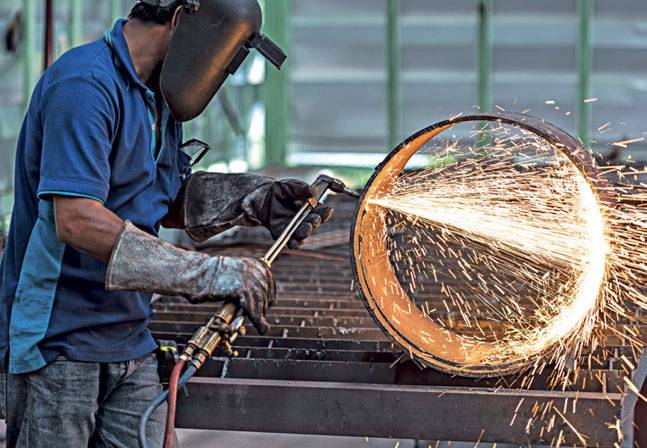6 false beliefs still exist at work
These views are considered popular, traditional in the workplace environment, often wrong. Only when they experience the reality can many people realize that the things they still believe are purely illusory.
Here are 6 beliefs that not only employees but managers also make mistakes, leading to many consequences related to reduced productivity, lack of working spirit, bulky management apparatus and lots of other risks. Therefore, the problem here is to stop believing immediately!
1. An 8-hour working day will produce the highest productivity
Recently, a city in Sweden has decided to apply the law of employment for up to 6 hours per day. Behind this decision is the result of a study that demonstrates that employees, in fact, will work more effectively if their working days are shorter.
By using a time-efficient performance measurement application called DeskTime, Draugiem Group has conducted an experiment to understand the habits of the most effective employees. The results are surprising: the most productive people work less time than the less productive employees. They even did not work up to 8 hours a day.

In addition, if they worked 52 minutes, they would take a 17 minute break. This study shows that it is clear that if employees are facilitated to take short breaks during the working day and shorten the working time in a day, they will bring higher results.
Therefore, if forced employees to do continuously from morning to afternoon without a little time off, your management is very wrong.
2. Money is the best encouragement
Do employees work more efficiently and feel happier if they are paid better? A study by Boston Consulting Company (BCG) gave the answer no!
BCG conducted a survey with 200,000 employees and found that an attractive salary is only the 8th ranking factor that makes employees feel happy at work. More important factors include highly valued and recognized employees, employees who have good relationships with colleagues, and employees who have a balance between work and life.
Another study jointly conducted by OC Tanner Institute and The Cierro Group has also resulted in money being not the best way to motivate employees.
Accordingly, when asked what is the biggest form of encouragement for them, only 7% of the respondents said that it was a form of salary increase. Meanwhile, more than 35% said it was when they were recognized.
Everyone needs money to live, but in the modern world, not to mention motivating that employers should think about salary increases. Because employees are becoming more intelligent and their needs have changed.
3. Employees are not assigned to do it right away

Research shows that this is not a good habit and always brings good results. Instead, employees need to stop and think before making a project, ask appropriate questions, take the time to experiment and adjust how the work is done until it makes a difference. special makes everyone love.
4. Highly-qualified employees will have the potential to become good managers
Need to recognize the difference between management and leadership. In other words, good people are not necessarily great managers. Not only is a person working effectively and knowledgeable about his work, the manager must also be able to discover the skills of the employees and help them promote those strengths.
A study called "Boss Value" by Santon, Shaw and Lazear came to the conclusion that bosses who are unable to improve employee performance often have a double failure rate. times the normal bosses.
So, even if you work hard and have many outstanding achievements without training the accompanying management skills and experience, the dream of being an excellent manager is still far away.
5. Employees working remotely will lack commitment and commitment to the business
Many businesses are afraid to apply flexible working time or work from home because of this concept. A study by Gallup titled "The Situation of American Offices" found that remote workers actually were more engaged than full-time employees at the office.

Another study by Stanford University also concluded that employee performance increased as they were facilitated to work from home. Specifically, the productivity of remote workers has increased by 13%, of which 9.5% is contributed by their working longer hours.
6. Employees will stick with the company if they can do the work they love
This may be true but it is unlikely to help employees succeed. Research shows that successful people not only pursue their own happiness, but also care about doing things that make others love.
The study, titled "Great Work Study," analyzed 1.7 million cases of great achievements or awards at work and found that 88% of cases This comes from the staff asking the question: "Can I make any difference that makes people love?".
Therefore, it can be said that breakthrough achievements often have to start by thinking to others first, not simply being assigned tasks to do.
You should read it
- ★ Never be too excited before the holiday because the boss can judge you
- ★ Don't tell your boss these things if you don't want to 'out' soon
- ★ These are the reasons why you can't enjoy your boss
- ★ To read financial statements, you must understand these basic indicators
- ★ 7 feng shui tips to help you advance as fast as 'kite meets the wind'